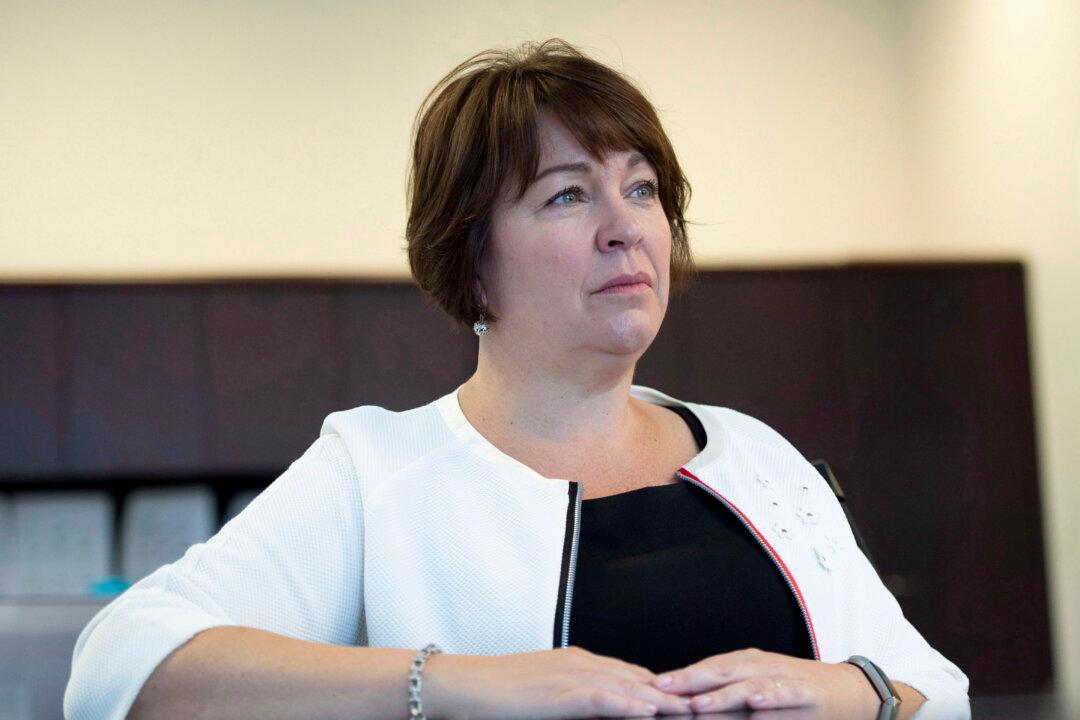Proposed changes to Canada’s lobbying rules has prompted pushback from citizen groups which allege the new Lobbyist Code of Conduct would allow lobbyists to secretly fundraise and campaign for politicians while lobbying them, among other concerns.
Commissioner of Lobbying Nancy Bélanger announced in November 2022 she would change the code to make it clearer, and thus more enforceable. The commissioner’s job is to ensure lobbyists adhere to a code of ethics—particularly regarding favours they may provide to officials in hopes of influencing policy-making.





